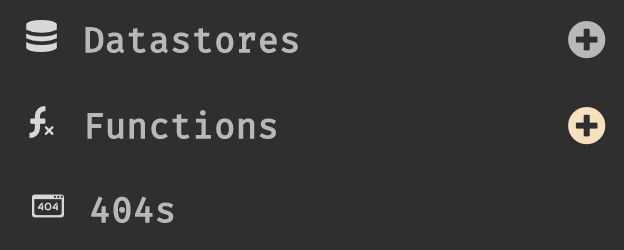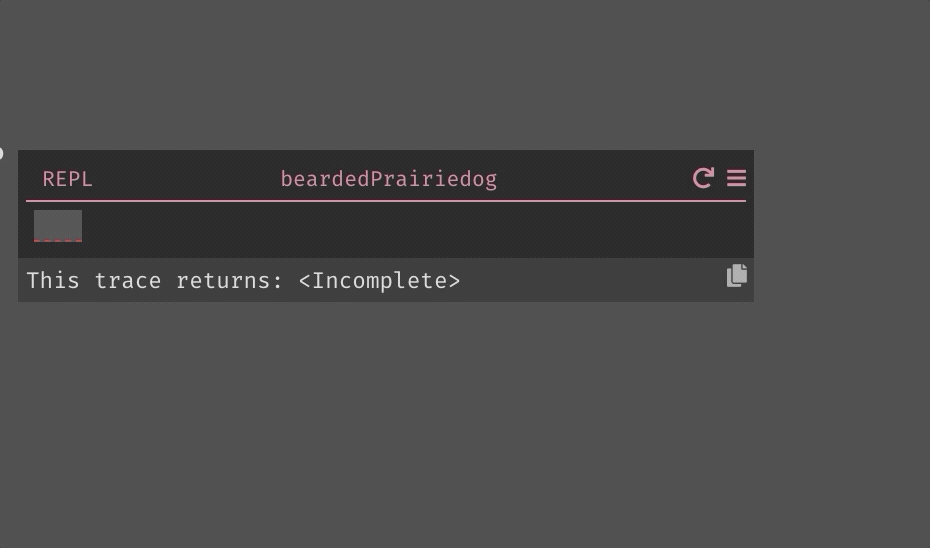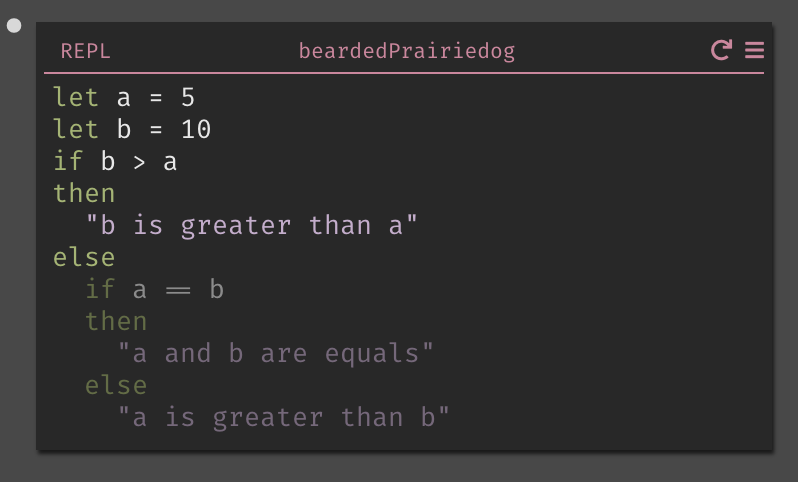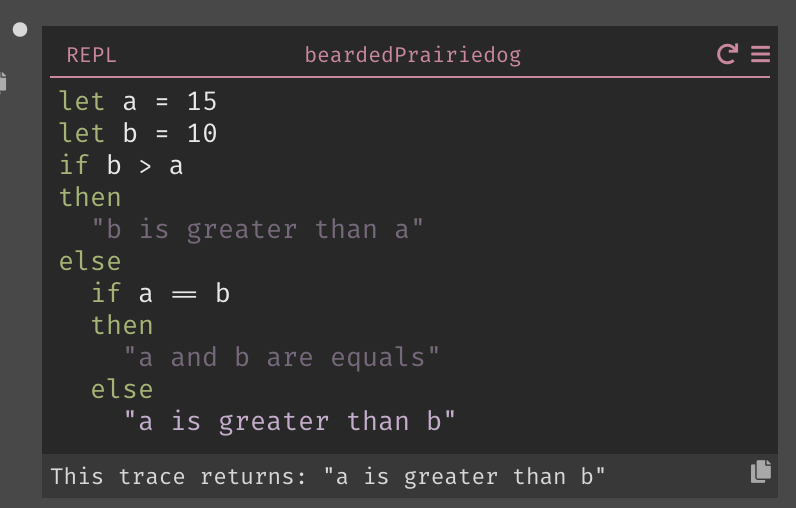Python Cheat Sheet
This guide will help you learn Darklang if you're familiar with Python.
Have a tip to add to the guide? Submit a PR!
Comments
In Python, you use a # to start a comment:
# This is a comment
In Darklang, you use a let _ = to start a comment, and you write the comment as a
String:

Strings
In Python, you can write a String in multiple ways:
"This is a string"
'This is also a string'
In Darklang, you always use double quotes:

Functions
In Python, you use the def keyword to define a function:
def say_hello():
print('Hello World')
and you call a function with the function name, followed by parentheses:
say_hello()
In Darklang, you create a function from the sidebar:

This will open a new function in the function space, where you can define the name of the function and its contents:

Standard Library/Built-in Functions
Python defines a set of built in functions that are called like this:
# This returns 2 to the power of 2.
math.power(2,2)
Darklang has a set of built in functions as well, which can be accessed via the autocomplete:

If/Elif/Else statements
In Python, you would write an if statement like this:
a = 5
b = 10
if p > a:
print("b is greater than a")
elif a == b:
print("a and b are equal")
else
print("a is greater than b")
In Darklang, the same statement would look this this:

Note that we highlight the path your code takes - so if we were to change the
values, a different piece of the if statement would be highlighted:
